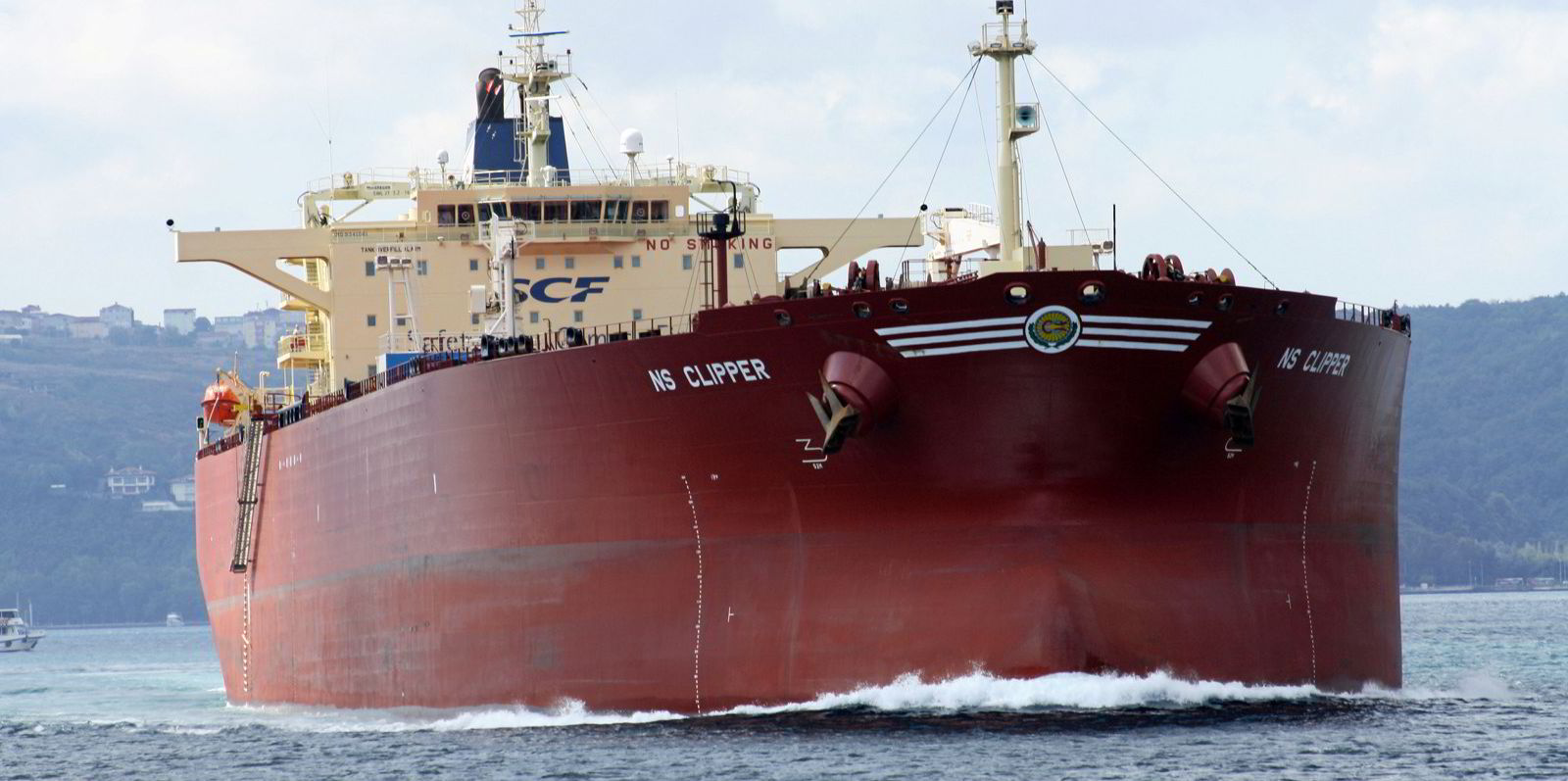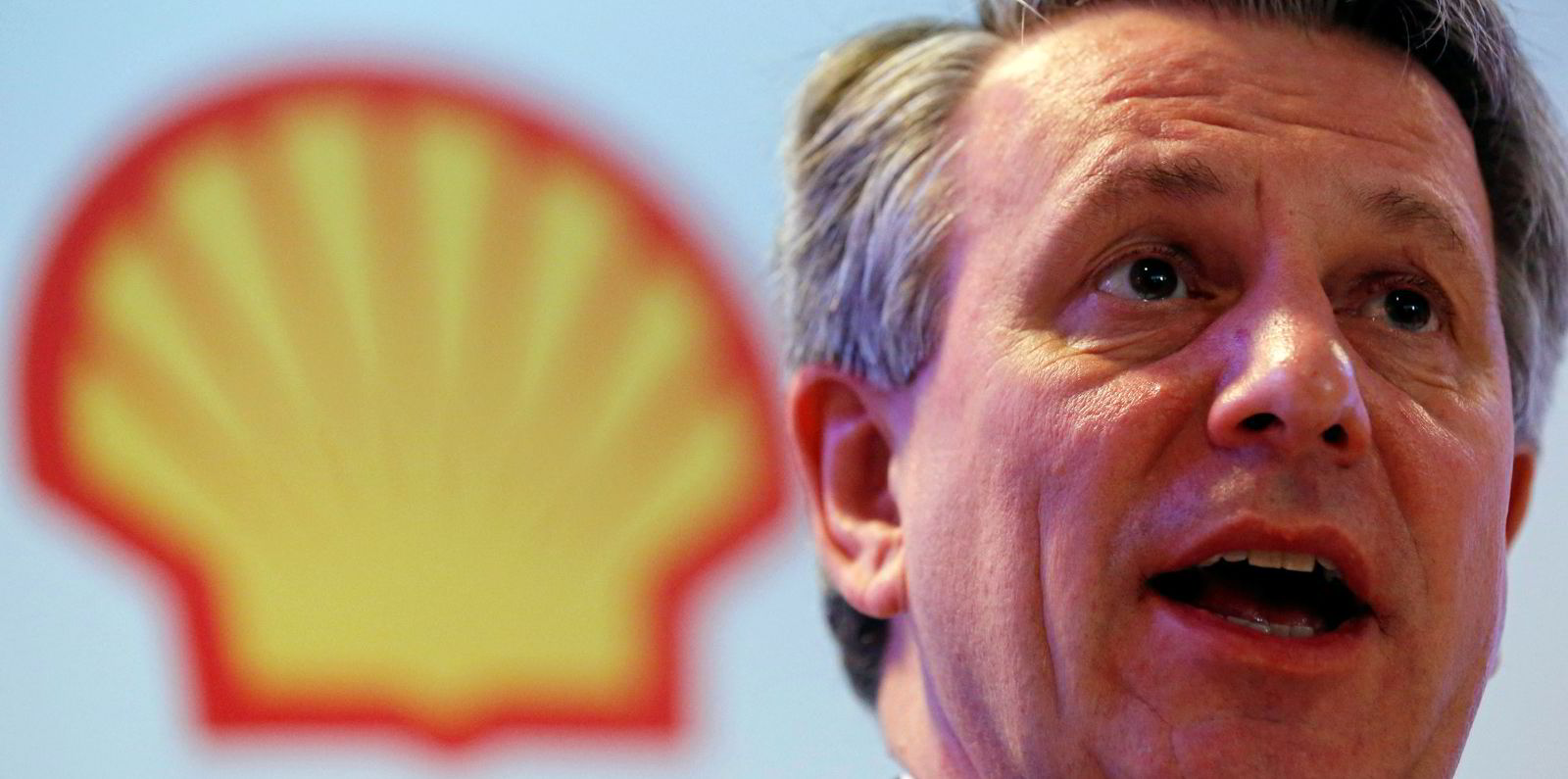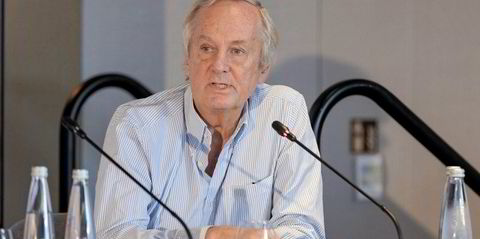Russian-owned aframaxes are likely to very soon be loading only domestic crude due to the war in Ukraine.
This is the view of French shipbroker Barry Rogliano Salles (BRS), which calculates there are 48 Russian-linked aframaxes afloat, equating to 7% of the global aframax fleet.
“We believe that these tankers will soon be restricted to only lifting Russian crude,” the Paris-based company said.
The hypothesis is driven by the broker’s forecast of persistent strong demand for Russian crude in China, plus the likelihood that some other buyers elsewhere in non-OECD Asia will continue to lift Russian barrels.
“Indeed, we believe that a situation could develop where Russian barrels are only carried by either Russian-linked or Chinese-linked tankers,” BRS said.
The broker counts two Russian-controlled VLCCs that could help with exports, as well as 21 suezmaxes and four panamaxes.
“We expect that such an arrangement would help such units gain regular employment during an episode where securing non-Russian employment would prove challenging,” the broker added.
But excluding these 48 Russian-linked aframaxes from regular trading will not really help other owners lift rates, BRS argues.
Demand for these ships is facing potential destruction as owners ballast away from Russian loading zones.
“We calculate that under a worst-case scenario of all Russian seaborne crude loadings being halted, the global aframax market would lose four to five aframax cargoes per day,” BRS said.
Not enough bright spots
Roughly one fuel oil cargo is lifted by aframax from a Russian terminal every two days.
“Although there are the odd bright spots of increasing demand outside Russia, led by the export of US crude to Europe, these will remain too few and far between and are unlikely to make much of a dent in expected lengthy tonnage lists,” the broker concluded.
Higher rates for lifting Russian crude have skewed the basket of aframax earnings so that it now stands at around $65,000 per day, compared to $6,000 per day before the invasion, BRS said.





